Phases of Cell Cycle
Definition
of Cell Cycle - Cell cycle is a series of cyclical changes by which a cell
passes during its growth and division.
Generation Time - The time interval between the two successive divisions are called generation time.
Different Division of Cell Cycle - Cell cycle consists of long non dividing phase l and the short dividing M phase or mitotic phase-
Interphase (Phase l) - Interphase is a complex change that occurs in a newly formed cell before this is able to divide. Interphase is also called the intermitotic which is known as preparatory phase or energy phase. Before that it was known as resting phase. This interphase can be divided into three substages-. These are –
1. G1 or first growth or gap phase or pre synthetic phase or post mitotic phase - This is the longest phase of cell cycle- where cell and it’s nucleus grow into proper size. In this phase there is synthesis of biochemicals like RNA, proteins, enzymes for DNA synthesis, amino acids for histone formation, nucleotides and ATP. In G1 phase increase of number of organelles are observed. The cell reaches a state called antennae where there is abundant storage of energy as ATP is observed.
2. S phase or synthetic phase- In this phase DNA of every chromosome replicates and it is followed by the synthesis of histones. So, each of the chromosome undergoes replication producing two chromatids. This phase is also known as invisible stage of M phase as synthesis of other biochemicals also continue in this phase. Centrioles started to replicate towards the end of the S phase or beginning of G2 phase.
3. G2 phase or use Monday growth phase or gap phase or post synthetic phase or pre mitotic phase- G2 phase is a phase of cell cycle where there is intense synthesis of biochemicals and the cell organelles increases in number . Here protein tubulin are formed.
G0 Phase – This is the phase of cell differentiation where cell cycle is stopped about the middle of G1 phase due to activation of certain genes. These genes allow the cell to grow up to a particular size , assuming the particular shape and come to perform certain specific functions.
Control of Various Phases of Cell Cycle – Different phases of cell division are controlled by the cyclin dependent or cyclin independent kinase. This occurs by the phosphorylation and dephosphorylation of the proteins.
M Phase – It is the phase of cell division. According to the nature of division it can be of three types-
Amitosis - In this division chromosomes elongated and directly divided into daughter cell.
Mitosis - In this division parental chromosome undergoes equal division and produces daughter cells.
Meiosis - In this type of cell division parental chromosome undergoes reduction division to produce haploid cell.
According to the area of division it can be divided into two – cytokinesis and karyokinesis.
Cytokinesis - It is the process of cytoplasmic division occurs in cell.
Karyokinesis - It is the type of nuclear division means chromosomal division occurs in cell.
From Phases of Cell Cycle to HOME PAGE
Recent Articles
-
Plants Around Us | Big & Small Plants | Shrubs & Herbs | Water Plants
Feb 03, 26 02:01 AM
We see different types of plants around us. Plants are living things. They breathe and grow. They also reproduce. Most of the plants grow on land. Some plants grow in water. -
Formed Elements of Blood | Erythrocytes | ESR |Leukocytes |Neutrophils
Jan 15, 26 01:25 AM
Formed elements formed elements are constitute about 45 % of blood afeias haematocrit value packed cell volume mostly of red blood corpuscles and are of 3 types- erythrocytes, leukocytes and blood pla… -
What Is Plasma? | Blood Plasma | Proteins | Nutrients | Cholesterol
Nov 07, 25 10:29 AM
Blood is a mobile fluid which is a connective tissue and is derived from the mesoderm like cell any other connective tissue. Colour of blood is reddish and that flows inside the blood vessels by means… -
Disorders of Respiratory System | Tuberculosis | Pleurisy | Emphysema
Oct 28, 25 11:39 PM
Tuberculosis is very common disease and is caused by a type of bacteria called Mycobacterium tuberculosis. This disease causes different trouble in the respiration and infection of several parts of th… -
Regulation of Respiration | Respiratory Centres | Inspiratory Area |
Oct 14, 25 12:13 AM
Respiratory Centre is the area that controls the rate of respiration and it is observed to be located in medulla oblongata and pons. Respiratory Centre has the following will dispersed components like…
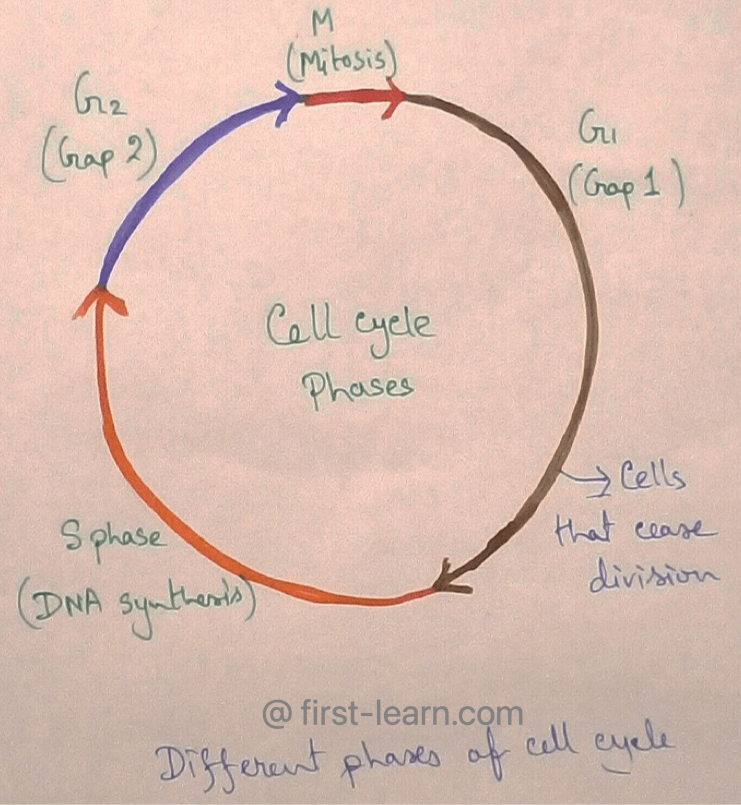
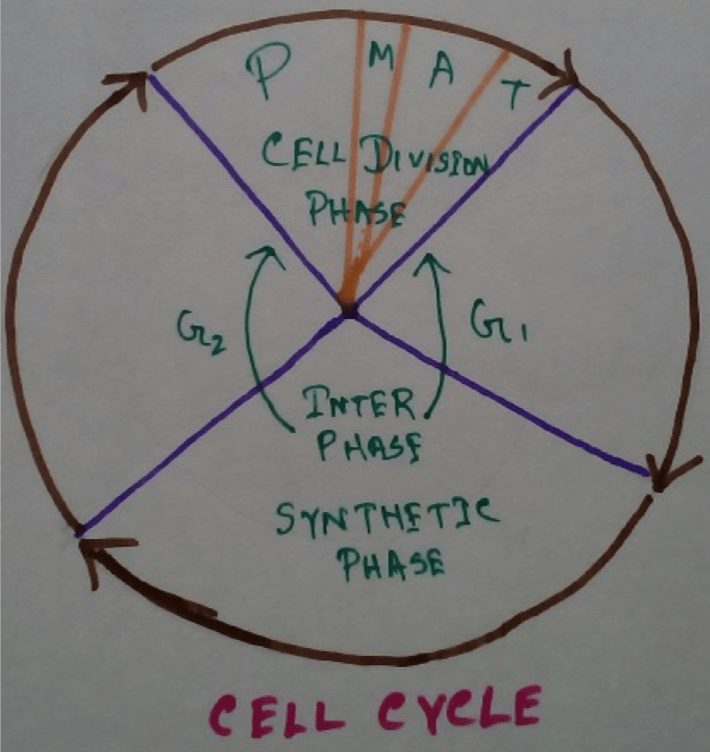
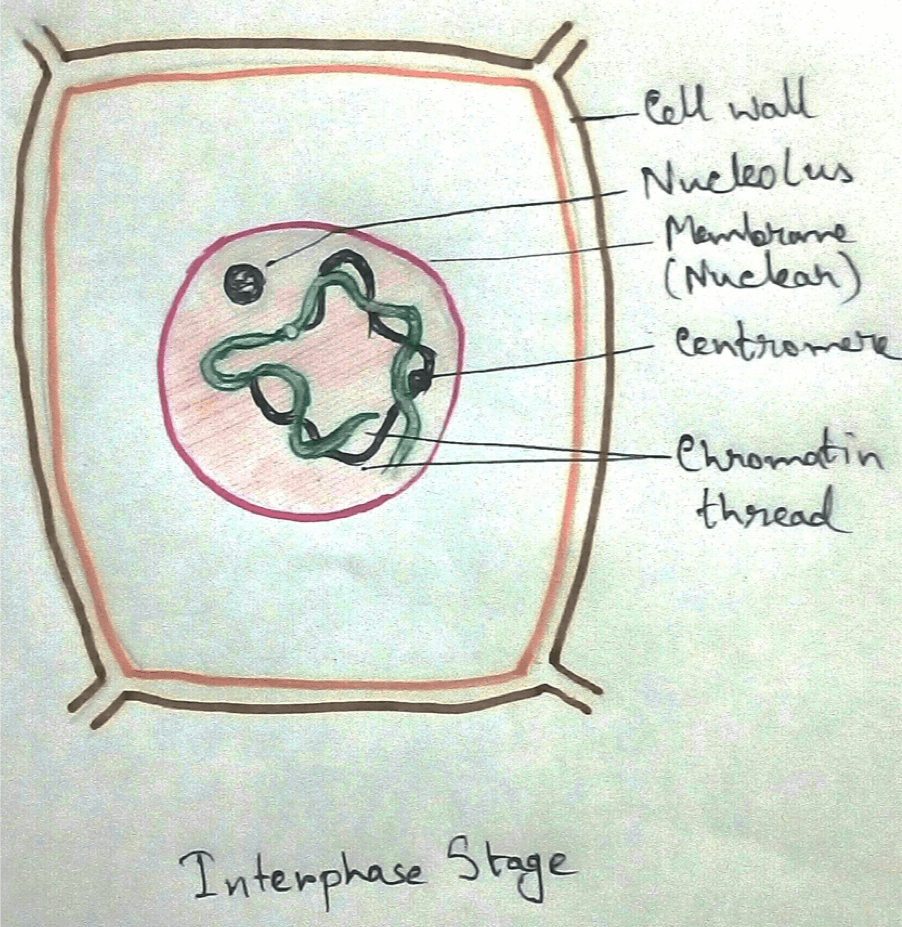
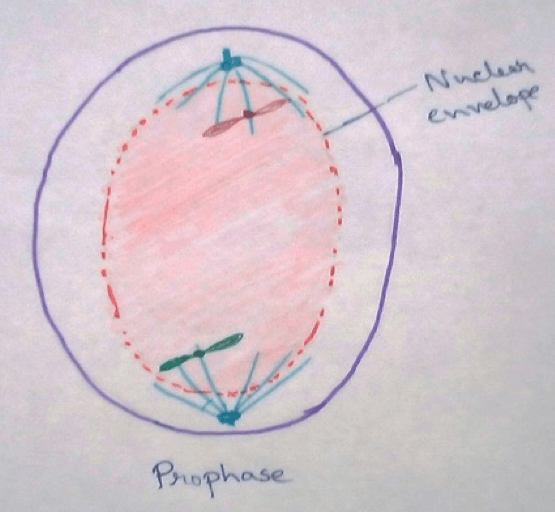
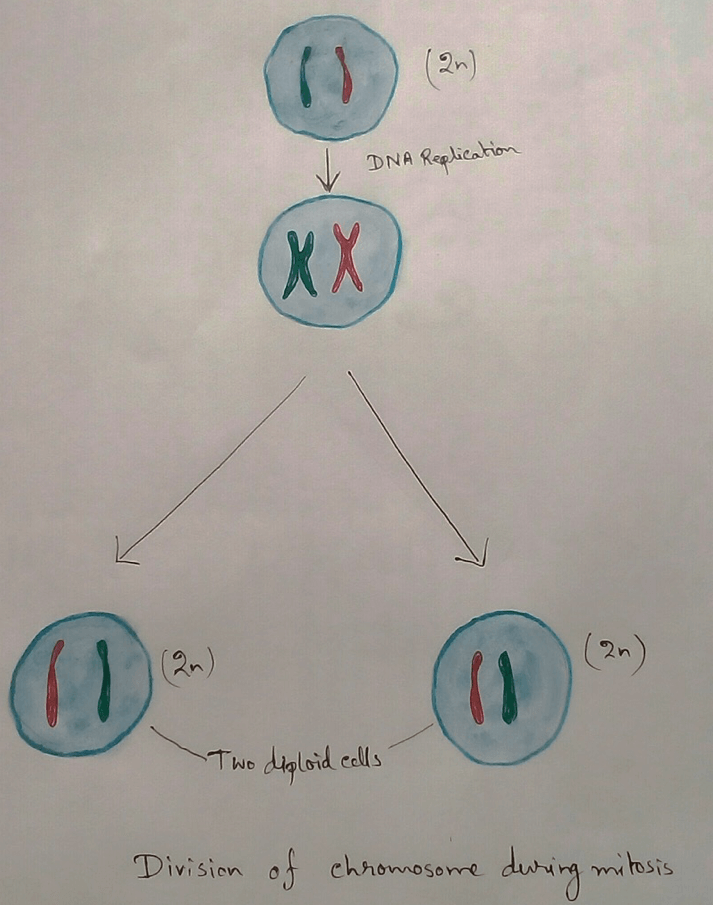
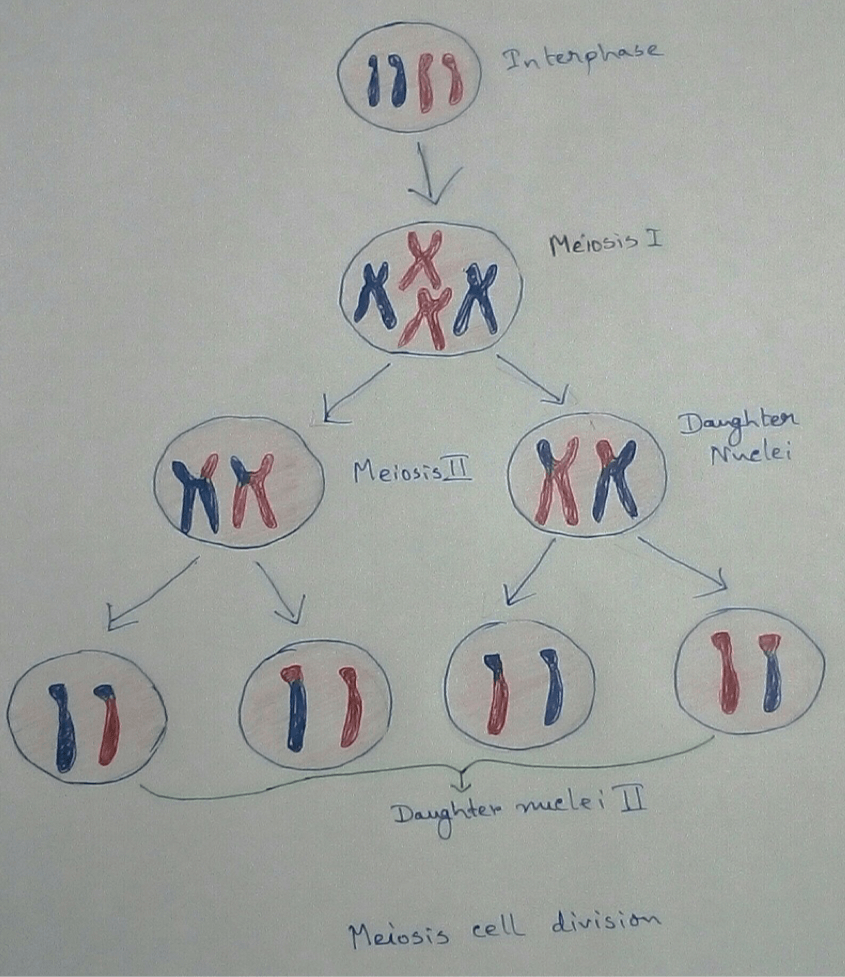
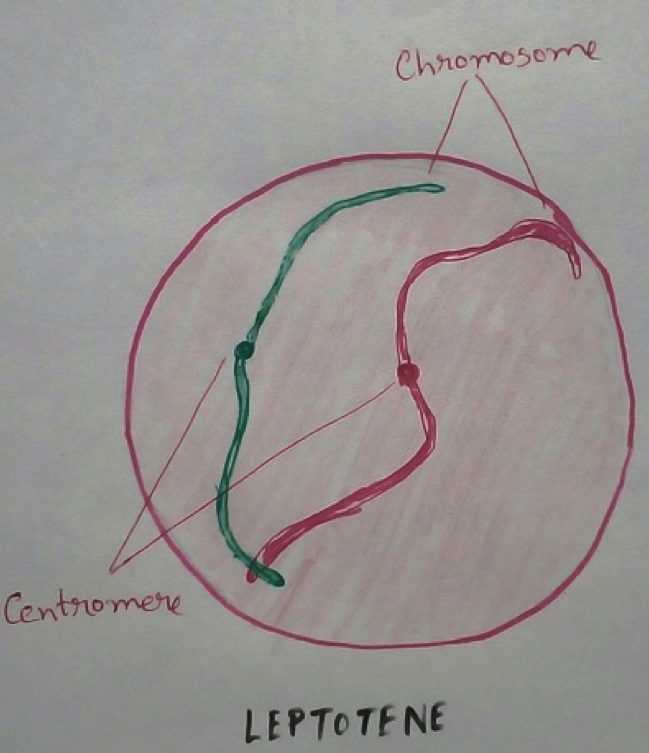
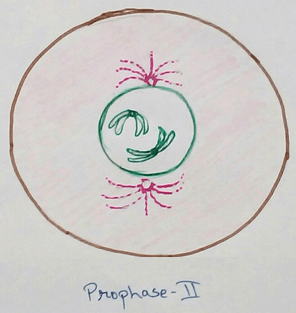
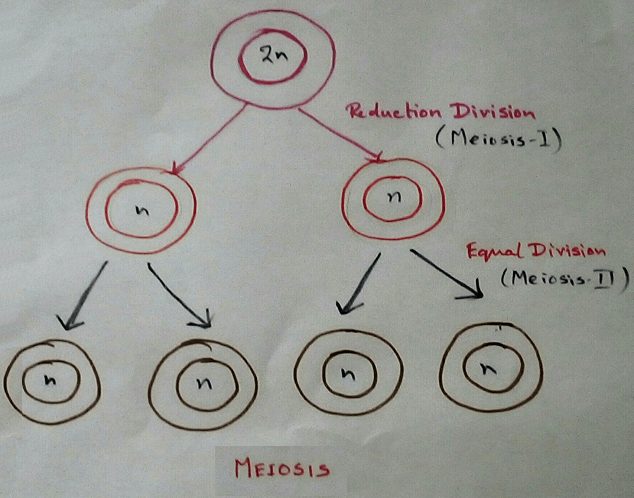





New! Comments
Have your say about what you just read! Leave me a comment in the box below.